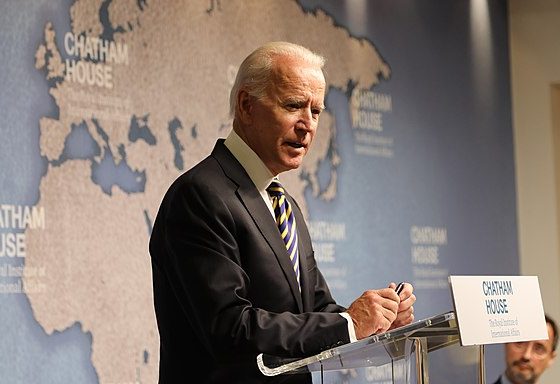Battery energy storage systems, which the Biden administration is counting on as a key cog of its green energy agenda, have considerably high defect rates, according to a new report.
More than a quarter of surveyed battery storage systems had problems with their fire detection and suppression systems, including issues with smoke and temperature sensors, according to a new report summarizing findings of a six-year factory audit conducted by Clean Energy Associates (CEA), a green energy company. The findings complicate the Biden administration’s plans to lean on the technology as a pillar of its push to replace fossil fuels in the long-term.
CEA conducted more than 320 inspections across more than 50 factories in the U.S., China, India, Vietnam and South Korea, according to its report. The audit included nearly 65% of the world’s “tier one” battery storage system manufacturers; “tier one” battery storage system factories are those that are qualified to supply multinational electric vehicle (EV) manufacturers outside of China, according to Benchmark Mineral Intelligence.
Battery storage systems can be used to store energy generated by solar panels or wind turbines for later use, and they can also be used to power EVs, according to the National Grid Group. Solar and wind energy, as well as EVs, are major components of the Biden administration’s long-term agenda to significantly reduce the American economy’s reliance on fossil fuels and reach net-zero emissions by 2050.
The amount of planned and operational battery capacity is expected to nearly double by the end of this year, according to a recent analysis published by the U.S. Energy Information Administration.
In addition to the 26% of systems that exhibited issues with fire detection and suppression, the report also states that 18% of the systems it audited displayed malfunctions in their thermal management systems. About 50% of the issues that CEA identified in the audit were at the system level, with the vast majority of the remainder occurring in the modules and cells that comprise battery systems, according to the report.
“Fire suppression and thermal management systems are critical for functional safety, and defects in these systems can lead to increased risk of fire,” the report states.
There are two key factors driving the malfunctions that CEA caught in its audit, the report states. One of those points is that the integration process for battery storage systems requires a high degree of manual labor, and the complexity of the systems makes them prone to malfunctions caused by defects in upstream components that evaded detection during earlier quality control checks, according to CEA.
Neither the White House nor the DOE responded immediately to requests for comment.
Nick Pope on February 14, 2024












